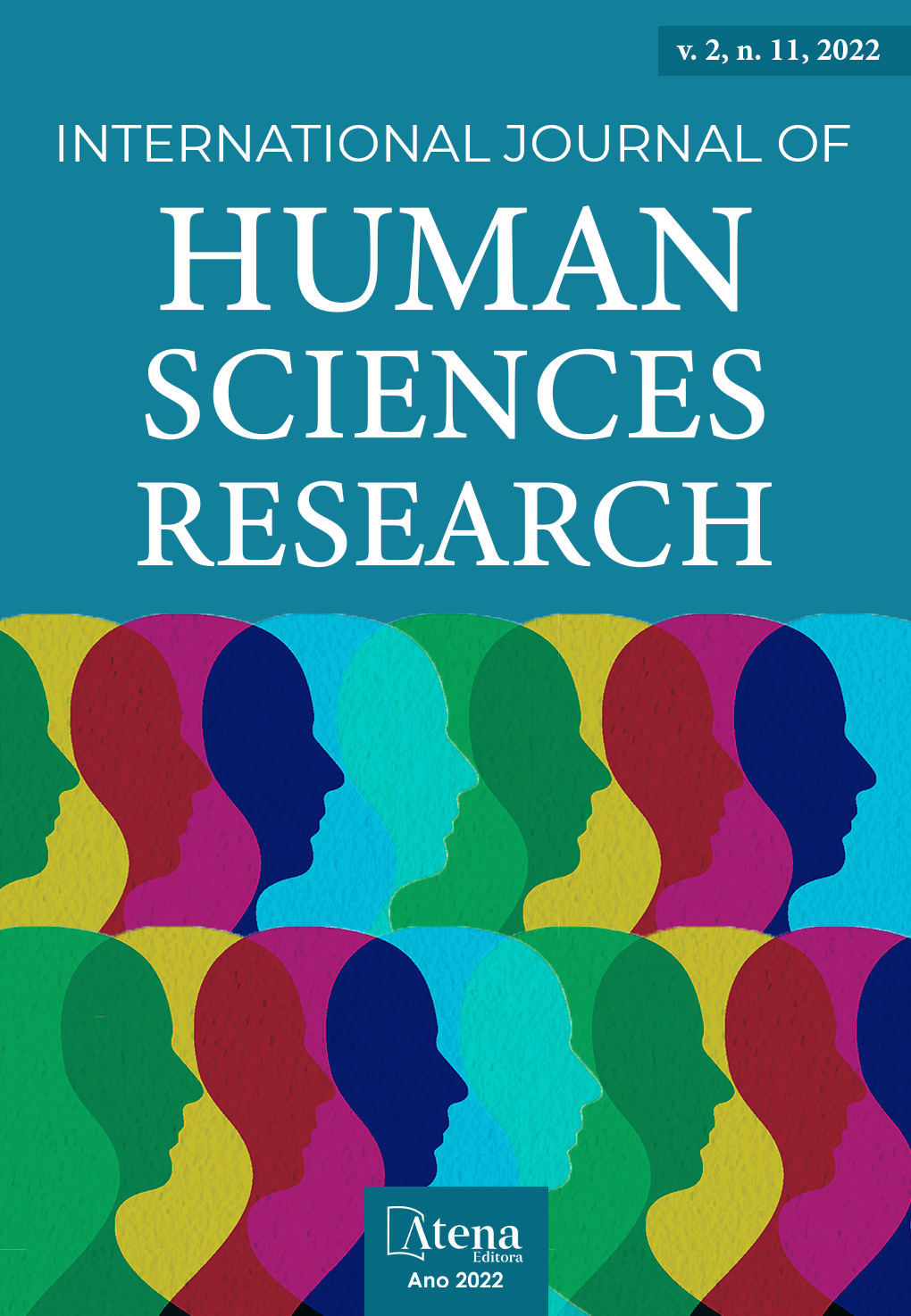
SOCIAL ASCENSION AND PROFESSIONAL AND TECHNOLOGICAL EDUCATION: AN ANALYSIS OF THE TECHNICAL COURSE OFFER IN A REMOTE UNIT
The offer of a High School Vocational and Technological Education course by the State Department of Education of the Federal District was evaluated for a vulnerable community in the 2016/2019 quadrennium, based on the decentralization of the Teaching Institution and with resources from, mainly from the National Program for Access to Technical Education and Employment (PRONATEC). Descriptive research was carried out, with a qualitative approach, but not exclusively, characterized as documentary research, with the mapping of: vacancies offered; subprograms; percentage of students enrolled, withdrawals, dropouts, conclusions and situation until Dec/2019 in the Technical course in Oral Health, offered at the CEF Miguel Arcanjo Remote Unit, from the Vocational Education Center – Planaltina Technical School, in Brasília (DF). The analysis of the information made it possible to identify that, for that course, 159 vacancies were made available, distributed in three specific offers: ‘Subsequente, MedioTec’’ and ‘’Mulheres Mil’’, with 100% of the vacancies filled. Throughout the research, a decrease was observed in the number of students who dropped out or dropped out of the course. Of the students enrolled in 2016, 95% successfully completed supervised practical activities (APS) by June/2019. The students, from the 2017 and 2018 classes, completed theoretical curricular components in Dec/2019 and March/2020, respectively. In view of the results obtained, it can be inferred that the decentralization of CEPs is an important and viable need in the provision of Vocational and Technological Education of Middle Level in locations with vulnerable populations, since there is a possibility of social ascension, directly influencing the socioeconomic and emotional life of these students and their families, providing opportunities for them to enter the world of work with better wages, dignity and citizenship, in addition to enabling the reduction of regional unemployment rates and favoring the local commerce where they are inserted.
SOCIAL ASCENSION AND PROFESSIONAL AND TECHNOLOGICAL EDUCATION: AN ANALYSIS OF THE TECHNICAL COURSE OFFER IN A REMOTE UNIT
-
DOI: 10.22533/at.ed.5582112222047
-
Palavras-chave: Professional and Technological Education, Professional Education Center, Oral Health Technician.
-
Keywords: Professional and Technological Education, Professional Education Center, Oral Health Technician.
-
Abstract:
The offer of a High School Vocational and Technological Education course by the State Department of Education of the Federal District was evaluated for a vulnerable community in the 2016/2019 quadrennium, based on the decentralization of the Teaching Institution and with resources from, mainly from the National Program for Access to Technical Education and Employment (PRONATEC). Descriptive research was carried out, with a qualitative approach, but not exclusively, characterized as documentary research, with the mapping of: vacancies offered; subprograms; percentage of students enrolled, withdrawals, dropouts, conclusions and situation until Dec/2019 in the Technical course in Oral Health, offered at the CEF Miguel Arcanjo Remote Unit, from the Vocational Education Center – Planaltina Technical School, in Brasília (DF). The analysis of the information made it possible to identify that, for that course, 159 vacancies were made available, distributed in three specific offers: ‘Subsequente, MedioTec’’ and ‘’Mulheres Mil’’, with 100% of the vacancies filled. Throughout the research, a decrease was observed in the number of students who dropped out or dropped out of the course. Of the students enrolled in 2016, 95% successfully completed supervised practical activities (APS) by June/2019. The students, from the 2017 and 2018 classes, completed theoretical curricular components in Dec/2019 and March/2020, respectively. In view of the results obtained, it can be inferred that the decentralization of CEPs is an important and viable need in the provision of Vocational and Technological Education of Middle Level in locations with vulnerable populations, since there is a possibility of social ascension, directly influencing the socioeconomic and emotional life of these students and their families, providing opportunities for them to enter the world of work with better wages, dignity and citizenship, in addition to enabling the reduction of regional unemployment rates and favoring the local commerce where they are inserted.
-
Número de páginas: 14
- Elias Batista dos Santos
- Paulo César Ramos Araújo
- Joesse Maria de Assis Teixeira Kluge Pereira


